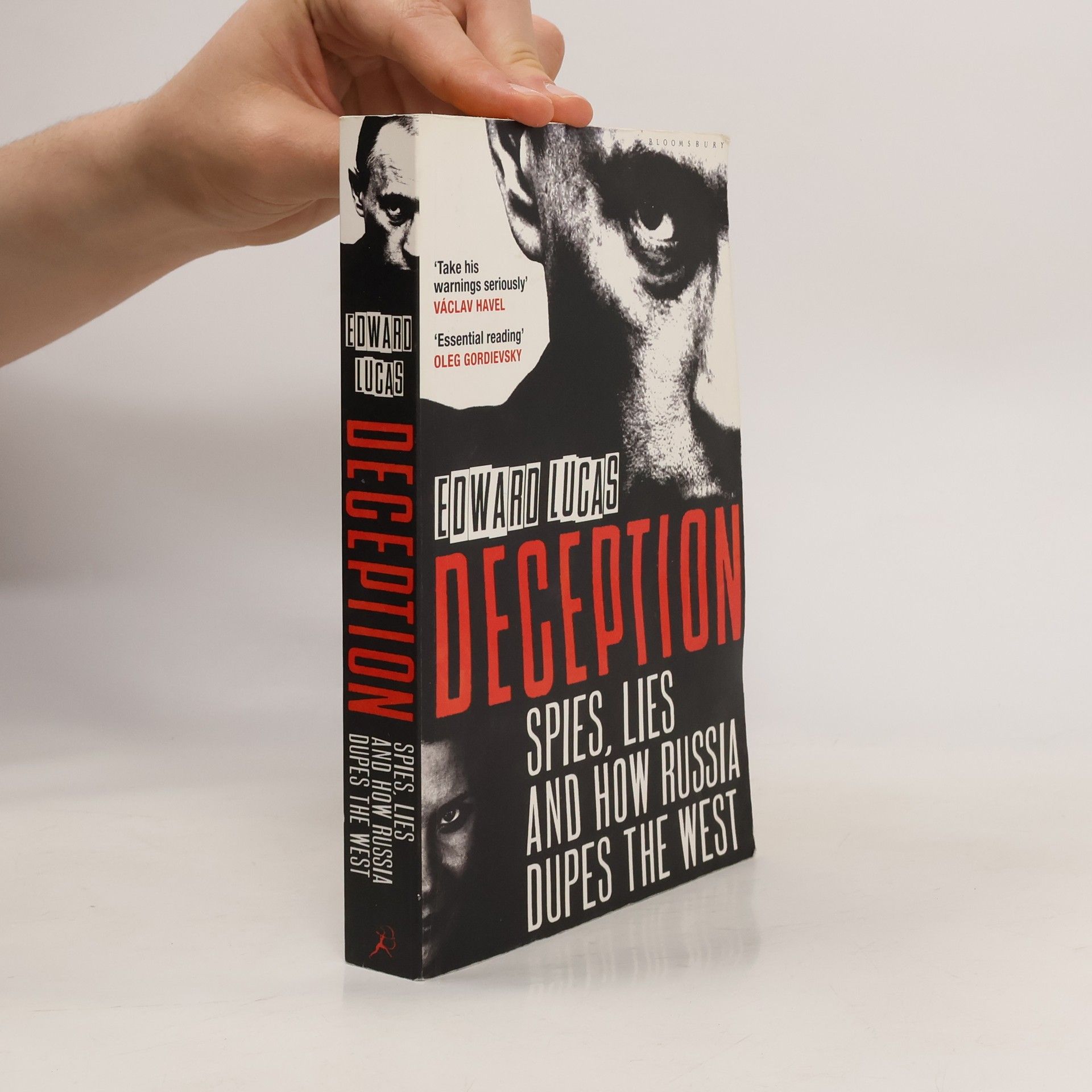The first book to explain how the Kremlin's increasingly authoritarian and aggressive stance threatens Europe, America and the world.
Edward Lucas Knihy
Edward Lucas je britský novinár, ktorý sa špecializuje na Rusko a Východnú Európu. Ako dlhoročný spravodajca pre The Economist sa Lucas venuje hĺbkovej analýze politických a spoločenských trendov v regióne. Jeho písanie často odhaľuje skryté motívy a dlhodobé dôsledky udalostí, čím čitateľom poskytuje prenikavý pohľad na zložitú realitu. Jeho práca vyniká bystrým pozorovaním a schopnosťou podať komplexné témy zrozumiteľným spôsobom.





The extraordinary triumphs, miscalculations, fatal errors and betrayals of spymasters - East and West
An alarming and persuasive exposé of how cyber-crime, cyber-terrorism cyber- espionage and cyber-warfare converge, by the author ofThe New Cold War
Early British Socialism and the Religion of the New Moral World
- 284 stránok
- 10 hodin čítania
Focusing on the Owenite socialists of early-nineteenth-century Britain, this book reinterprets their relationship with religion, arguing against the notion that they were anti-religious or merely imitating Christianity. It presents their understanding of religion as a source of community solidarity and ethical behavior, shaped by their reflections on religious truth within their contemporary context. The text emphasizes that their religious aspirations were integral to their socialist ideals, rather than irrelevant or merely instrumental to their goals.
In diesem fesselnden Werk wird die zunehmend autoritäre und aggressive Haltung des Kremls und deren Auswirkungen auf das internationale Kräftegleichgewicht eindringlich beschrieben. Bislang unveröffentlichte Insider-Informationen werfen ein neues Licht auf die größte virtuelle Demokratie der Welt. Die Wende von 1989 und die Auflösung des Sowjet-Imperiums wurden von vielen als Happy End der politischen Geschichte wahrgenommen, doch die Realität zeigt oft eine andere Seite. Die Morde an Anna Politkowskaja und Alexander Litwinenko verdeutlichen, dass die russische Politik erneut eine Bedrohung darstellt – sowohl für die Menschen im eigenen Land als auch international. Zwei Jahrzehnte nach Gorbatschows Wende sind Rückfälle in sowjetische Denk- und Verhaltensmuster erkennbar. Der Westen, insbesondere durch die Augen von Gerhard Schröder, hat diese Entwicklungen oft ignoriert, getrieben von Wunschdenken und opportunistischer Realpolitik. Putins aggressive Rhetorik gegenüber ehemaligen Sowjetstaaten und den USA kann nicht darüber hinwegtäuschen, dass der neue Kalte Krieg mit anderen Mitteln – Geld, Rohstoffen und Propaganda – ausgefochten wird. Der Osteuropa-Experte Edward Lucas bietet einen kritischen Blick hinter die Kulissen der russischen Politik, geprägt von analytischem Scharfsinn und spannender Erzählweise.